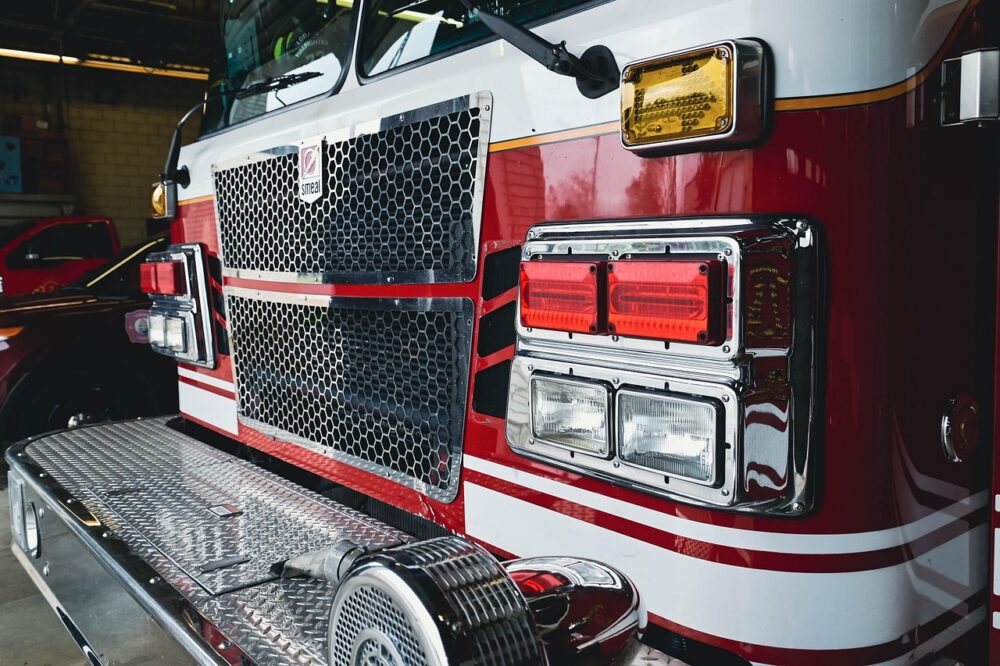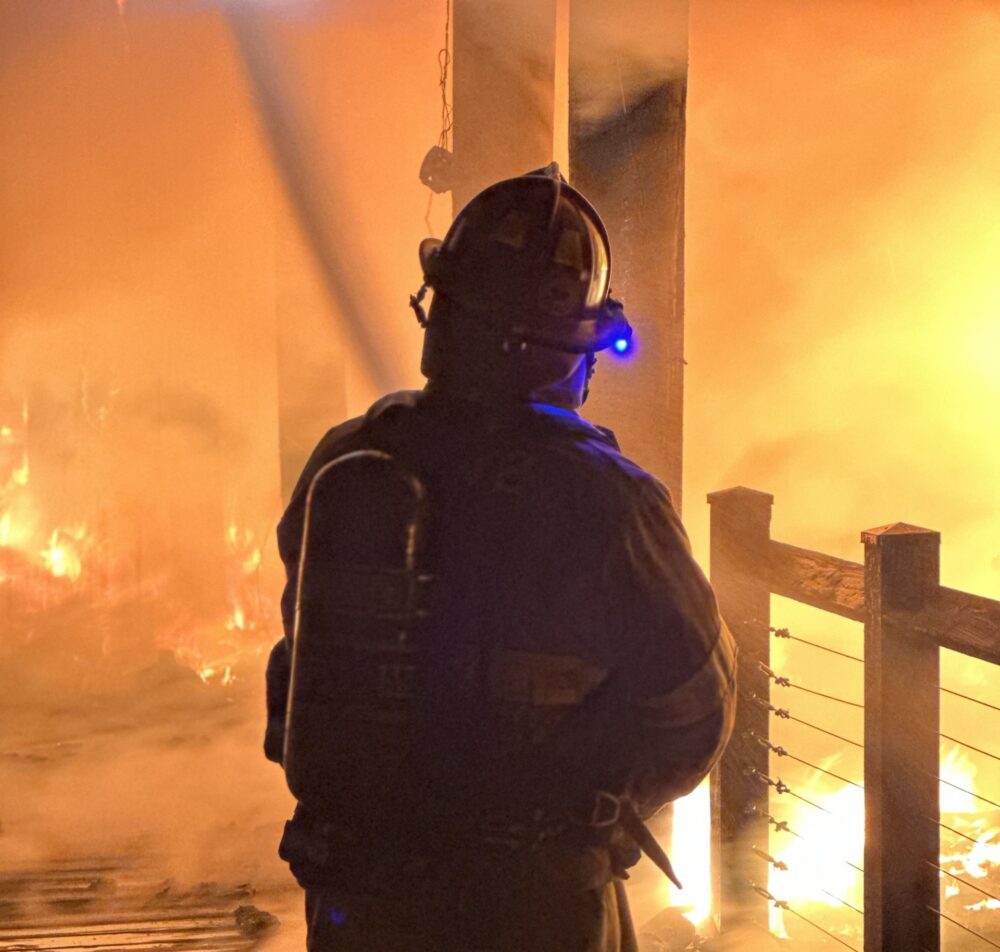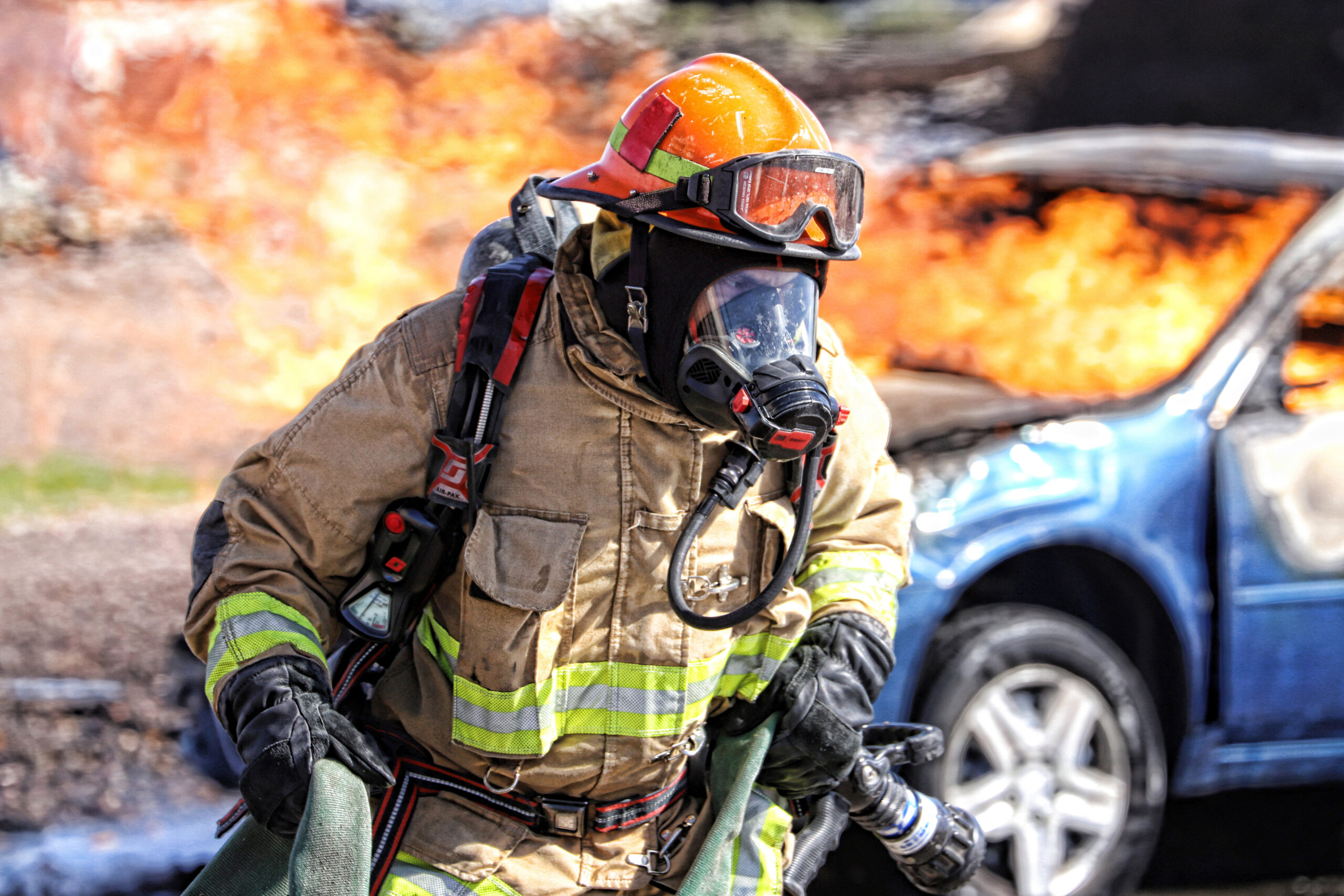Shortfalls in the regulations that govern airport rescue and firefighting in Canada needlessly place the safety of air passengers, flight crews and fire fighters at risk and should be addressed without further delay, the IAFF has urged the Canadian Government.
In a recent submission, the IAFF called on Transport Canada to bring the Canadian Aviation Regulations (CARs) up to International Civil Aviation Organization (ICAO) standards, which require airport fire fighters to perform rescues and reach all points on operational runwayswithin three minutes.
The CARs omit rescue as a primary objective and lack specific personnel requirements for simultaneous firefighting and rescue operations. Additionally, the regulations only require airport fire resources to reach the midpoint of the farthest runway within three minutes.
The crash of a passenger jet at Toronto Pearson Airport Feb. 17 showed that routine flights can turn dangerous in an instant, highlighting the need for a fast and fully-resourced response. While 21 people were injured, all survived.
It was fortunate that the accident happened at Pearson, one of few in Canada that approaches ICAO standards. At most other major airports in Canada, fewer on-site fire fighters are on duty even when large passenger airplanes are taking off and landing.
Most major airports in Canada rely on secondary response from municipal fire fighters for interior rescue in the event of an aircraft accident. These fire fighters, however, lack the training required to conduct safe and effective rescue operations. Their response times – often 10 minutes or more – are simply too long to be practical when conditions inside a downed aircraft can become lethal within minutes.
“The positioning of airport fire fighters to conduct interior rescue operations quickly in the event of an aircraft accident at an airport is a key aspect of survivability, considering passengers – especially those with physical disabilities or seniors and others with diminished mobility – may not be able to self-rescue or rely on assistance from flight crews who have been in the same accident,” the submission states. “It is critical that when fire fighters are conducting interior rescue or suppression operations, there are also fire fighters available on the exterior to conduct the rescue of fire fighters who may become trapped in the interior.”
Transport Canada, which regulates the nation’s air industry, is conducting a preliminary consultation and assessment of the CARs in response to Liberal MP Ken Hardie’s Private Member’s Motion M-96, which was adopted in the House of Commons in December 2023.
Adopted following an IAFF political action initiative, M-96 highlighted the CARs shortfalls and asked the Canadian Government to bring the regulations up to ICAO standards.
It is critical that when fire fighters are conducting interior rescue or suppression operations, there are also fire fighters available on the exterior to conduct the rescue of fire fighters who may become trapped in the interior.
IAFF submission to transport canada
In its submission, the IAFF also warns that reliance on municipal fire departments to respond to aircraft emergencies risks delaying response to structure fires, medical emergencies and other emergencies in the communities that rely on them.
Transport Canada “should be aware that reliance on municipal fire fighters to provide secondary response at designated airports represents a false sense of security that imperils not only those involved in aircraft accidents, but also citizens, businesses and infrastructure in the communities they are sworn to protect.”
The IAFF suggests that bringing the CARs up to ICAO standards could be achieved with a modest ticket surcharge of $1 to $2 per ticket, a fraction of other existing ticket surcharges such as airport improvement fees.
The IAFF submission also emphasized the importance of public trust in aviation safety. As a signatory to the Chicago Convention on Civil Aviation, Canada is required to either comply with ICAO standards or publish details about areas of noncompliance, neither of which is occurring.
The IAFF represents fire fighters in Local 3659 at Macdonald-Cartier International Airport in Ottawa and Local 4382 at Pearson International Airport in Toronto, as well as municipal fire fighters across Canada who are secondary response at large and medium-sized airports.



